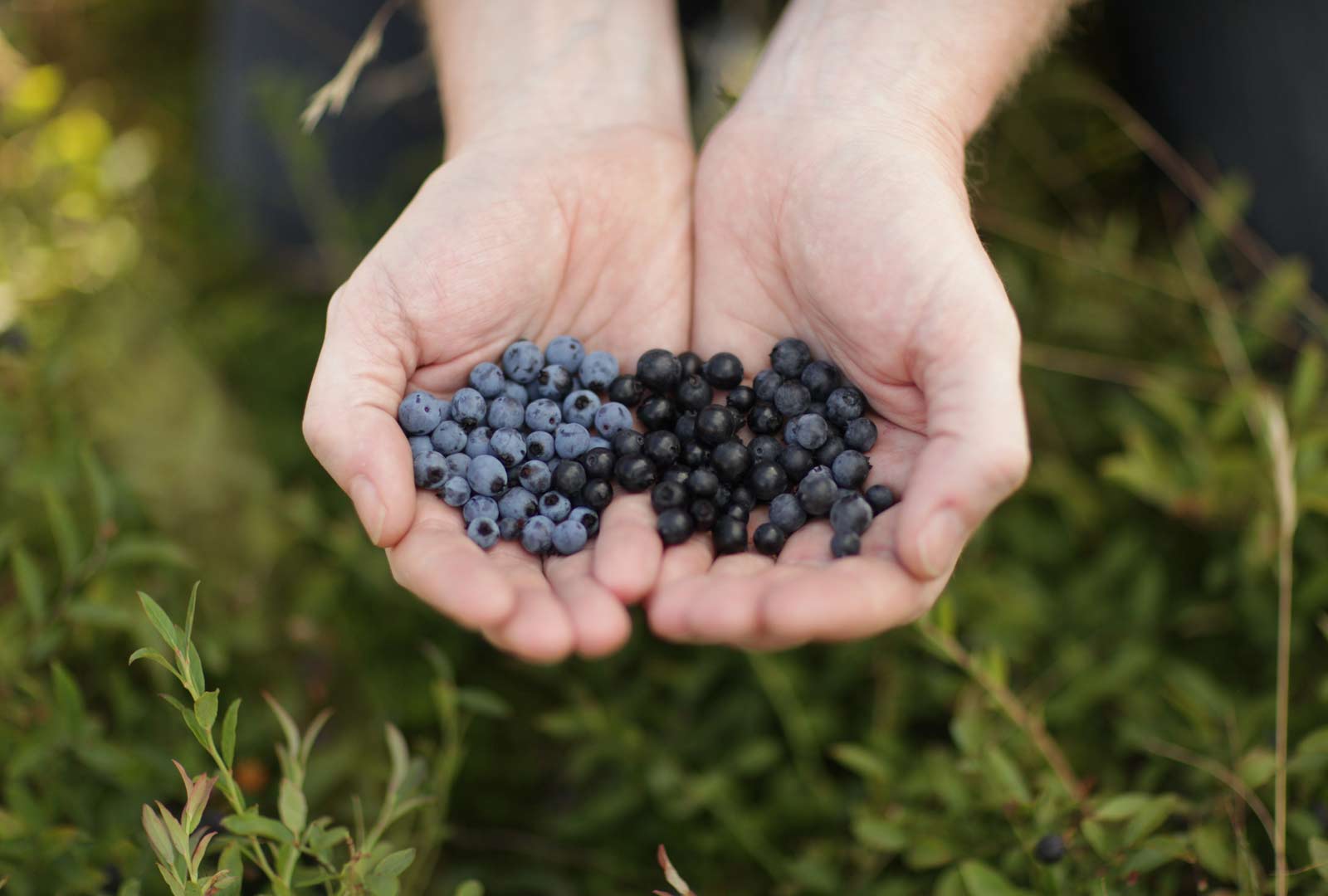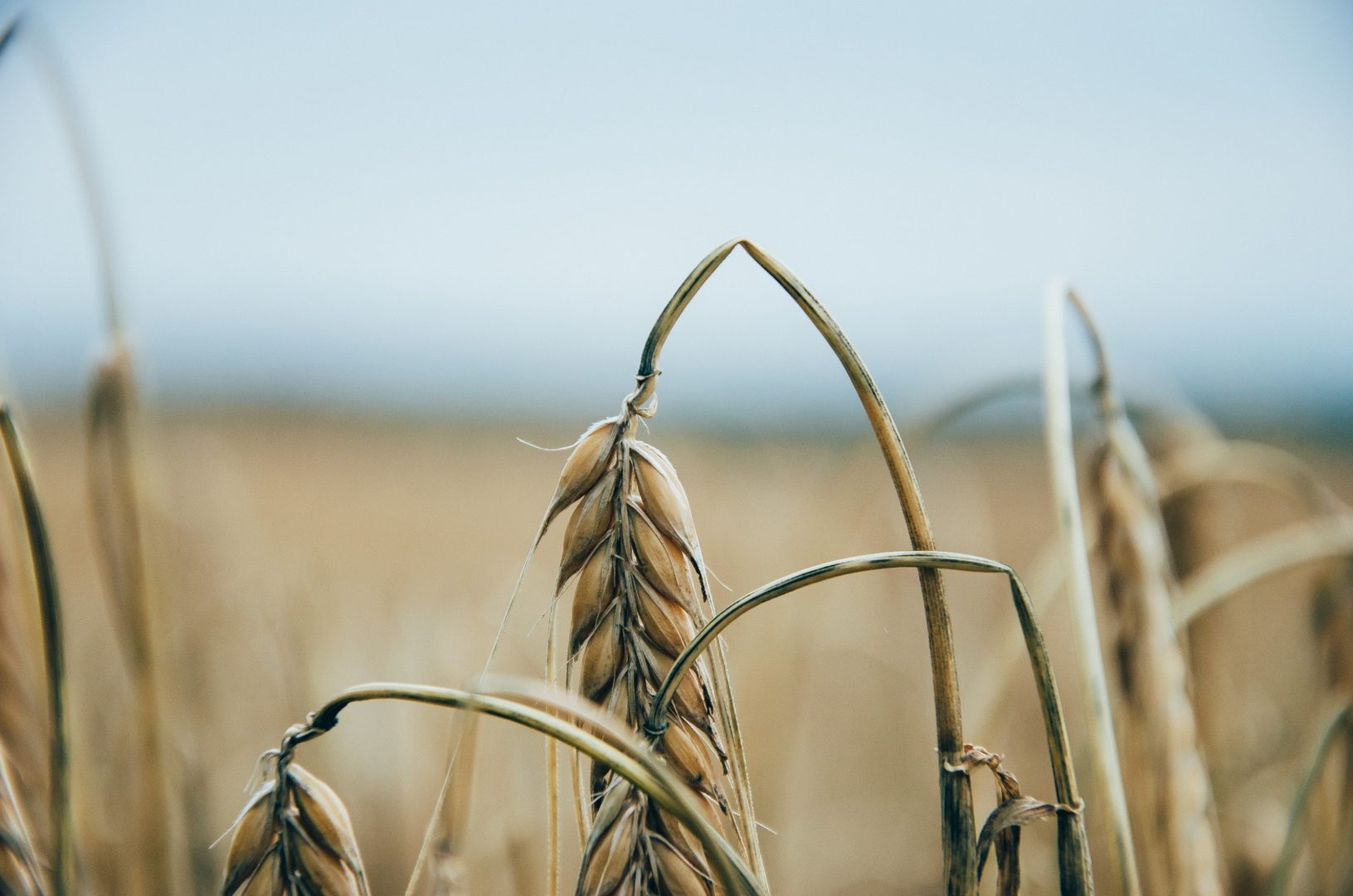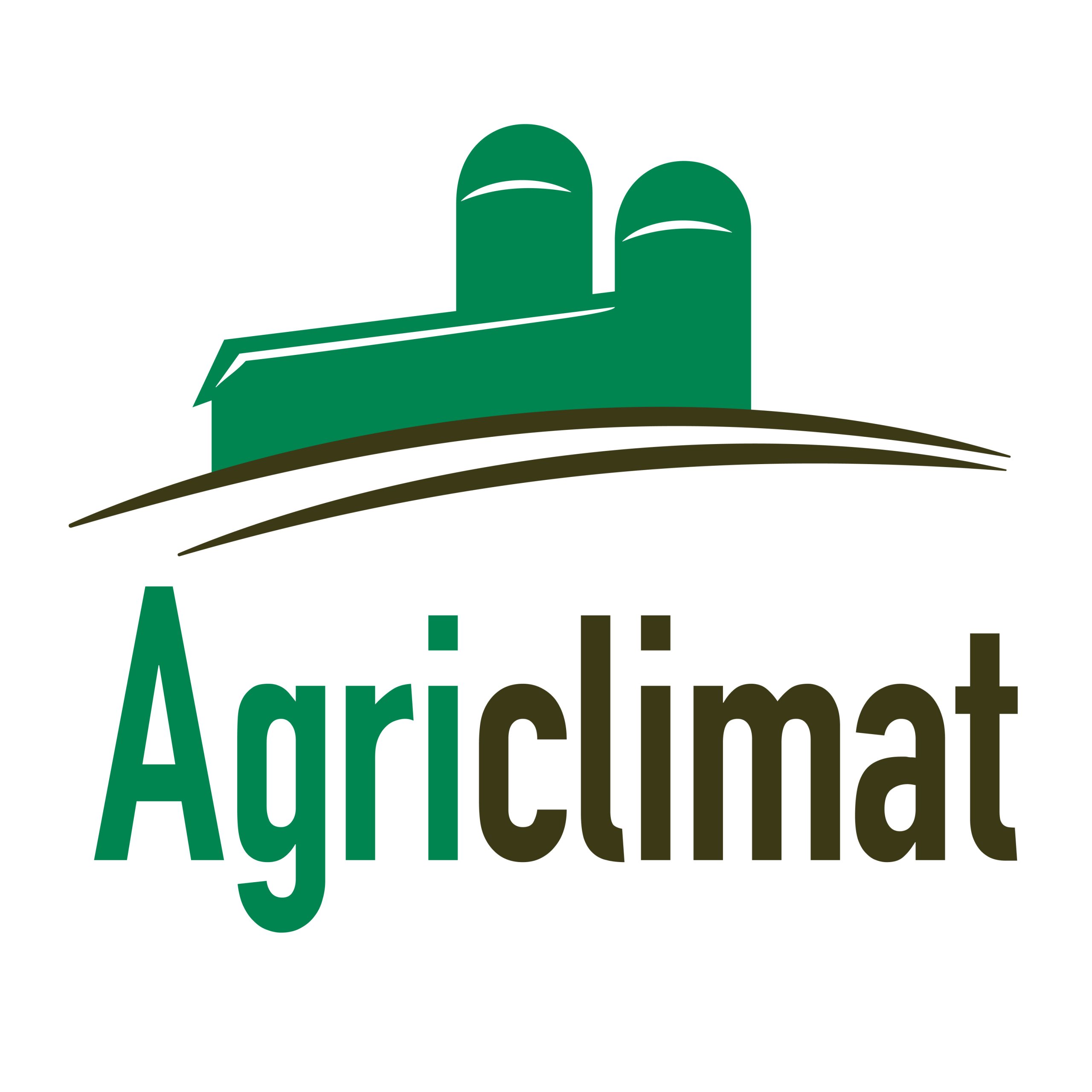The Project

BACKGROUND
A major reform in the global food system is expected by 2050. The world’s population will reach 9 billion by that time, requiring increased food production. The changes in climate expected worldwide will affect agricultural productivity. This may include more severe crop pest infestations or adverse climate events such as droughts or flooding.
With this in mind, producers and agricultural stakeholders have developed an initiative to help Quebec farms adapt to ensure food security, financial health for farms, and environmental quality.
THE PROJECT
The mission of Agriclimate is to give farmers the tools they need to effectively fight climate change, both individually and collectively.
The activities of Agriclimate foster resilience on Quebec farms by strengthening their capacity to incorporate the climate change perspective into their major business decisions, thus ensuring agricultural sustainability.
There are two main components involved in climate change mitigation: adapting to climate change and improving carbon balance. The on-farm carbon balance captures both GHG emissions and carbon sequestration.
PROJECT OBJECTIVES
The objective of Agriclimate is to give farmers access to reliable information on climate change mitigation.
Agriclimate and its network of partners mobilize their resources to achieve the following aims:
- To raise awareness among farmers and agriculture-sector stakeholders about issues related to climate change
- To enable farmers and stakeholders to become knowledgeable about climate scenarios in their region
- To train professionals and agricultural advisors to support regional autonomy with respect to climate change mitigation
- To compile and disseminate up-to-date information through info sheets, training sessions, and presentations
- To collaborate with regional working groups to identify the issues connected with climate change mitigation and examine potential solutions
- To engage in collective climate change mitigation initiatives in the field of agriculture
- To develop and offer a climate change mitigation diagnosis that includes both adapting to the future climate and improving carbon balance
AGRICLIMATE ACCOMPLISHMENTS
Since 2017, Agriclimate has worked to improve participants’ understanding of how climate change will impact agricultural production types in all regions of Quebec.
Since 2021, Agriclimate has oriented its efforts towards both climate change adaptation and finding ways to reduce the impact of farming activities on the climate.
Did you know that…
- Over 4,000 people participated in Agriclimate activities between 2017 and 2020 (Phase 1).
- All regional federations of the UPA are involved in Agriclimate.
- The 83 info sheets on adaptation cover the main agricultural production types.
- 10 regional climate change adaptation plans are available online.
- Over 50 presentations, training sessions and webinars have been delivered.
- The Agriclimate network includes 38 pilot farms.
- Agriclimate has trained 38 agri-environmental advisors.
- Agriclimate has developed a farm-level climate change mitigation diagnosis.
- Agriclimate collaborates with a wide network of independent scientific partners.
Agriclimate adaptation plan represents a first step towards adapting agriculture at the regional level. It explains how the expected changes in climate will impact agriculture and proposes a set of adaptation measures for individual farms, regions, and the province as a whole. The adaptation plan also contains useful information for implementing selected actions.

PHASE 2 (2021–2024)
Agriclimate is one of the 16 Quebec-wide projects selected as part of a call for projects from the Ministère de l’Environnement et de la Lutte contre les changements climatiques (MELCC). We are proud to continue with Phase 2, in which we work with producers through the MELCC’s Action-Climat Québec program to address the needs of the sector and maintain engagement from actors who are central to creating systemic change.
The Approach
All activities of Agriclimate are conducted collaboratively. Farmers, advisors, specialists, and researchers play a part in knowledge sharing and analysis to give Quebec farms the tools they need to fight climate change.
THE AGRICLIMATE DIAGNOSIS
Agriclimate has developed a farm-level climate change mitigation diagnosis. It enables farms to identify actions that foster climate change adaptation and improve their carbon balance.


